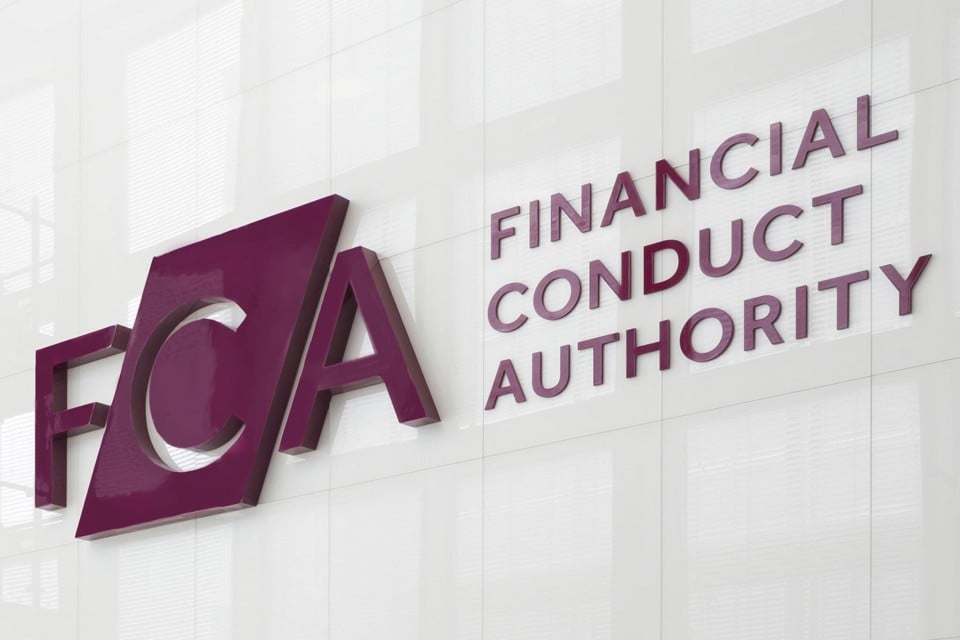The motor retail industry is being urged to have its say on a proposal from the Financial Conduct Authority to let dealerships and finance providers delay their responses to consumer complaints about motor finance commission.
The FCA has launched a consultation on two options which should give the industry more time to manage complaints about commission paid on motor finance, in response to the Court of Appeal’s October 25 judgment in Hopcraft v Close Brothers, Johnson v FirstRand Bank, and Wrench v FirstRand Bank, which stunned the industry with its ruling that all commission should have been disclosed to car buyers and that it would have been illegal for a finance company to pay commission to a dealer or broker without the informed consent of the customer.
The judgment related to fixed commission motor finance agreements as well as discretionary commission arrangements, which the FCA banned in 2021 and has already been reviewing to assess whether there were widespread harm to consumers.
Both Close Brothers and FirstRand Bank intend to appeal, but must be granted permission to appeal by the Supreme Court, and if granted, it could be many months before a final judgement.
The finance regulator believes that firms who provide motor finance are likely to receive a high volume of complaints in response to the judgment, and it believes a complaint handling extension would allow firms more time to handle complaints efficiently and effectively and help avoid inconsistent and inefficient outcomes for consumers and firms.
The two options are:
- Until 31 May 2025, reflecting how long it may take to hear whether the Supreme Court has granted permission to appeal. The FCA plans to set out its next steps on DCA complaints in May 2025. Subject to the outcome of any Supreme Court application, the FCA would update on motor finance non-DCA commission complaints at the same time.
- A longer extension until 4 December 2025, to align with the current rules for motor finance firms dealing with discretionary commission complaints.
Access the proposal and details about how to make a submission here at the FCA's website.
 Nikhil Rathi, chief executive of the FCA, said: "The Court of Appeal’s ruling means many customers who bought a car using finance through a dealer could be owed compensation. We want to make sure that consumers who are owed money get it in an orderly way, and that the motor finance market continues to provide competitive deals for the millions of people that rely on it."
Nikhil Rathi, chief executive of the FCA, said: "The Court of Appeal’s ruling means many customers who bought a car using finance through a dealer could be owed compensation. We want to make sure that consumers who are owed money get it in an orderly way, and that the motor finance market continues to provide competitive deals for the millions of people that rely on it."
Firms will need to use the additional time provided to ensure they have the resources to investigate and issue final responses to complaints at the end of the proposed extension. As has begun already, firms should also consider whether to make any financial provisions.
The focus of the Court of Appeal decision was common law and equitable principles, rather than FCA rules. Firms authorised by the FCA must meet wider legal requirements as well as regulatory rules.
The FCA is also consulting on giving consumers more time to refer motor finance commission complaints not involving a DCA to the Financial Ombudsman Service.


















Login to comment
Comments
No comments have been made yet.